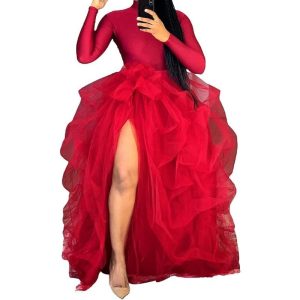Tag: fashion, clothing, style, trends, culture
Clothing has been an essential part of human existence since the beginning of time. From its humble origins as a basic necessity for survival to becoming a symbol of status and self-expression, the evolution of clothing throughout history is a reflection of society’s cultural values and beliefs.
In ancient civilizations such as Egypt and Mesopotamia, clothing served primarily as protection against harsh weather conditions. Animal skins were used to cover the body while plant fibers were woven into simple garments. As societies evolved and became more complex, so did their clothing styles.
During the Middle Ages in Europe, social hierarchy was prominently displayed through elaborate and expensive fabrics worn by nobles while peasants wore plain and practical attire. It wasn’t until the Renaissance period that fashion began to evolve into what we recognize today with intricate designs and craftsmanship.
The Industrial Revolution brought about significant changes in clothing production methods leading to mass production at affordable prices. This revolutionized the way people dressed as it allowed for greater accessibility to fashionable items previously reserved for only the wealthy.
Fast forward to modern times where fashion is no longer just about function but also about self-expression. The rise of consumerism has led to constant changes in fashion trends which are heavily influenced by popular culture icons such as celebrities or social media influencers.
Fashion has become an industry worth billions with new collections being released every season by designers from all over the world. With globalization making it easier for different cultures to influence each other’s style choices, there is now a fusion of traditional garments with modern elements resulting in unique fashion statements.
However, amidst all these developments lies an underlying issue – fast fashion. In order to keep up with demand for new trends at affordable prices, many brands have resorted to unethical practices such as exploiting laborers or using environmentally harmful materials.
As consumers become more aware and conscious about their impact on the environment and society, there has been a shift towards sustainable and ethical fashion. This trend focuses on creating clothing that is environmentally friendly and socially responsible.
In conclusion, the evolution of clothing reflects not only changes in style but also societal values and beliefs. From basic necessity to a form of self-expression, fashion will continue to evolve with each passing era. However, it is important for us as consumers to be mindful of our fashion choices and support brands that prioritize sustainability over profit.



